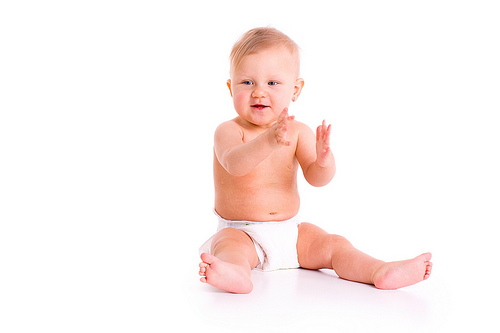Baby Bottle Tooth Decay
February 21st, 2022
Baby bottle tooth decay, also known as early childhood caries, refers to tooth decay in infants and toddlers. Your child needs strong, healthy primary teeth to properly chew food, to learn to speak, and to hold space until permanent teeth come in. That’s why preventing baby bottle tooth decay is very important.

The Causes of Tooth Decay in Children
There are a few risk factors when it comes to children’s tooth decay. A common cause is the frequent and prolonged exposure of your child’s teeth to sugary drinks, including milk, formula, and fruit juice. Bacteria in the mouth thrive on sugar and produce acids that attack the teeth. Giving you child a sugary drink at nap or nighttime can be especially harmful, because the flow of saliva decreases during sleep.
Tooth decay can also be caused by bacteria passed from you to your baby through saliva by sharing spoons, testing foods before feeding them to your baby, and cleaning off a pacifier in your mouth instead of with water. These germs can start the process that causes cavities even before your baby’s primary teeth emerge. This is even more reason to take care of your teeth too!
While less common, tooth decay can happen if your infant or toddler does not get enough fluoride in their diet, such as when you only drink bottled water or don’t have access to municipal or city water that is fluoridated for everyone. Your pediatric dentist may prescribe fluoride supplements to help prevent tooth decay.
Tooth Decay Prevention
The good news about baby bottle tooth decay is that it’s preventable!
- After each feeding, wipe your infant's gums with a clean, damp gauze pad or washcloth, which helps clean and establish a routine for good oral hygiene
- When your child’s teeth come in, brush them gently with a child-size toothbrush and a smear (or grain of rice-size amount) of fluoride toothpaste.
- Place only formula, milk, or breast milk in bottles. Do not fill the bottle with liquids such as sugar water, chocolate milk, juice, tea, or soft drinks.
- Make sure infants finish their bedtime or nap time bottles before putting them to bed.
- If your child uses a pacifier, provide one that is clean.
- Encourage your child to drink from a cup by his/her first birthday.
- Encourage healthy eating habits.





